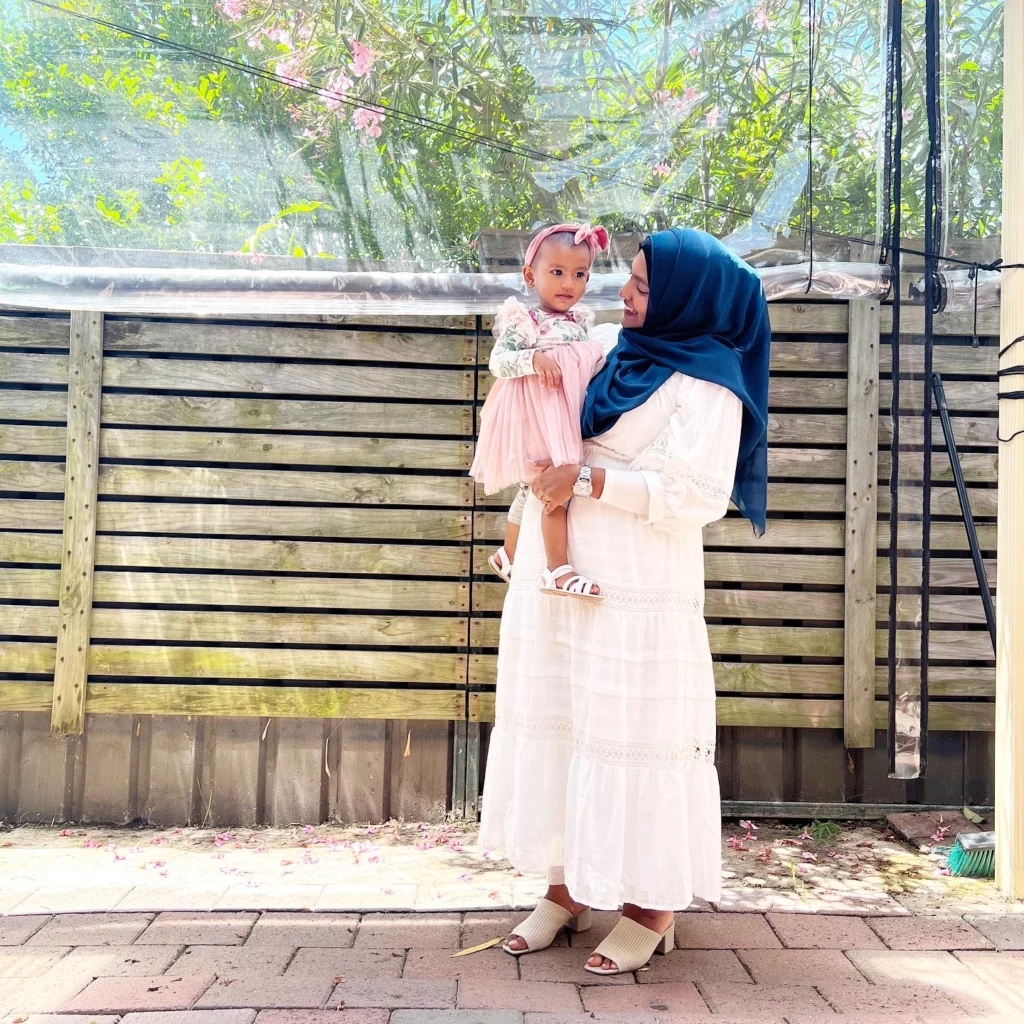In life, it is a reality that we usually become what we were involved with and taught since we were born. The environment we live in and the people surrounding us all affect our physical and mental development, therefore, impacting our thinking, decisions, well-being, and actions. Parents play an important role in our lives as role models and examples. Parents and children hold a special bond between themselves. As the parent has the responsibility of helping their children develop and meet their potential thus the kind of parent-child relationship greatly affects how the child will turn out.
It is to be emphasized that the parent-child relationship is one of the most important ones amongst human beings. Let’s think of the child as a flower, the child develops from the seed, into an infant to a teen and then an adult. Like all plants, the seed requires nutrition, good health to develop the same way a child requires his parent’s love and attention to fully develop into a beautiful, bright, and healthy flower. Parenting requires a great deal of adaptation. The parents want to maintain a healthy marital life whilst forming a bond with their child.
Some of the biggest problems which affect parent-child relationships are; the generational gap, parents are either too strict and stern to force their child into a “disciplined life”, by either restricting the child from socializing or asking him to remain quiet and not voice out his opinions such neglect and attempts to manipulate the child’s thinking leads to him not opening up or trusting his parents which eventually weakens the bond and leads to communication problems, anxiety, stress, and PTSD. Parents, on the other hand, are the adults in this relationship, they have greater experiences in dealing with life’s problems, to protect their child they resort to intrusive, harsh, and unkind measures in pursuit to catch the child doing something wrong. The measure used greatly impacts the child-parent relationship.
Children’s psychology is very difficult to understand as the individual is not mature enough yet. If the parent uses punishments more often than confrontations, then that could cause the child to be distant and spoilt. But if they spare the punishments that could also cause the child to be spoilt. Therefore, there is no perfect way of parenting, it’s more of trial on error. But the child-parent relationship can be improved when both sides make an effort. Try going out for a picnic, talking about problems, and softening your watchwords, and truly make an effort to understand your child. As the famous saying goes “DON’T TRY TO PERFECT YOUR CHILD, TRY TO PERFECT YOUR RELATIONSHIP.”
By Anum Mirza (An experienced Teacher)
Importance of your relationship with your child (A mother’s perspective)
Children are a depiction of your family and your relationship with them. It is vital that children feel safe and find it easy to share their feelings with you at all times. They should have a relationship with you that assists in their mental and emotional growth in addition to their physical growth. If you look around, children who are adventurous or risk-takers or confident and do not care if they make a mistake will get scolded, come from a family where their bond is very strong.
In my teaching experience, students who have a strong bond with their families are confident and able to concentrate better in class. They are more excited to share about their family’s ventures and will participate a lot in class discussions which is a clear portrayal of the strong family bond as their physical, social, and emotional health is much better than compared to children coming from weaker families relationships.
The most dominant benefits of having a strong family bond are:
- Young children who grow up with safe and healthy attachments to their parents are more likely to develop happy and satisfying relationships with others in life.
- Children who have a stable relationship with their parents learn to control their emotions in stressful and difficult situations.
- Promotes the mental, linguistic, and emotional development of children.
- Help your child demonstrate optimistic and confident behavior in society.
- Healthy parents and disrupting a child’s daily life is the basis for social and academic development.
- Strong attachment leads to healthy social, emotional, cognitive, and motivational development. Children also develop strong problem-solving skills when they build good relationships with their parents.
Hence, how to build this relationship with your child is very essential and multiple studies were done on this that what are the key factors parents can include in their parenting to develop a positive and strong relationship with their children.
Some of the key tips that can strengthen your relationship with your child are:
Be available for them
It is vital that children feel that their parents are always available for them at any time with no distraction. While talking to your child even if it is for 15 minutes, leave all your tasks and distractions away and turn your whole body towards them giving them the attention they need at that time.
Listen only
Sometimes children just want to be heard with no opinions or advice. Assess the situation and see if they are actually looking for your advice or they just want to rant out their feeling about the situation, which might be a bigger deal for them than you.
Tell your child you love
Of course, you love your children unconditionally but sometimes it is good to tell them by simply saying ‘I love you’. These words boost your child’s confidence, that no matter, what my parents will always love me.
Eat meals together
Take the time out to have at least one meal a day together as a family. This is the best time where everyone can share how their day was and have a conversation with no technology like TV or phones.
Spend one-on-one time with each child
Spending quality time with each child (if you have more than one) makes each child feel special and strengthens the bond with it. Encourage them to do what they love and share their feelings with you. This boosts their self-esteem and makes them feel appreciated.
By: Samira Asad (Primary School Teacher and Mum)





